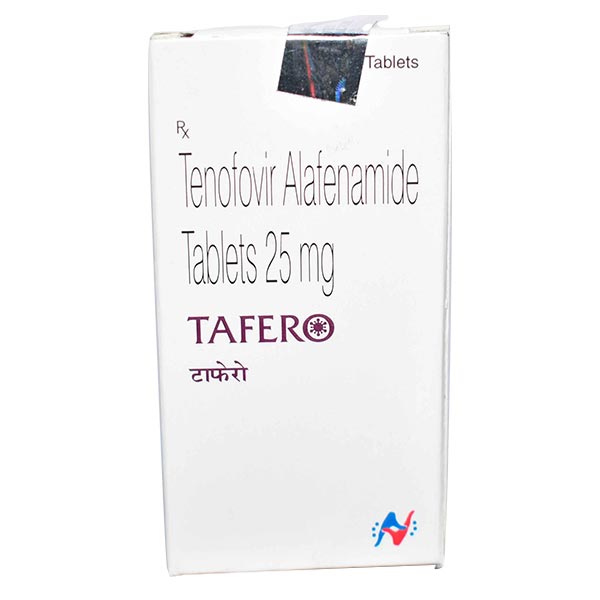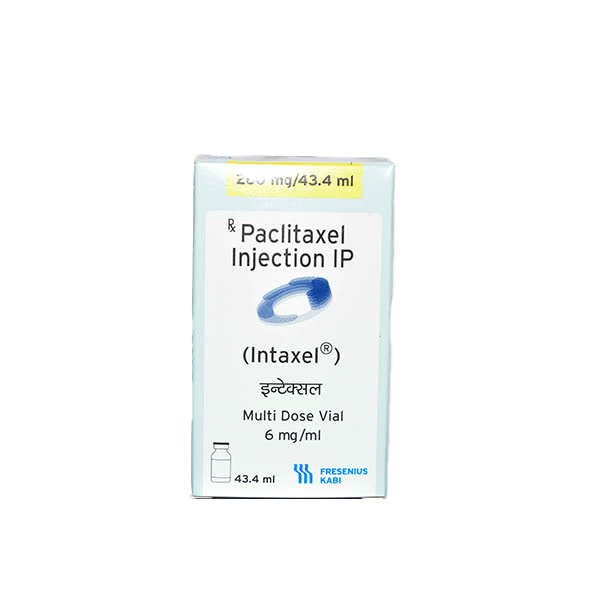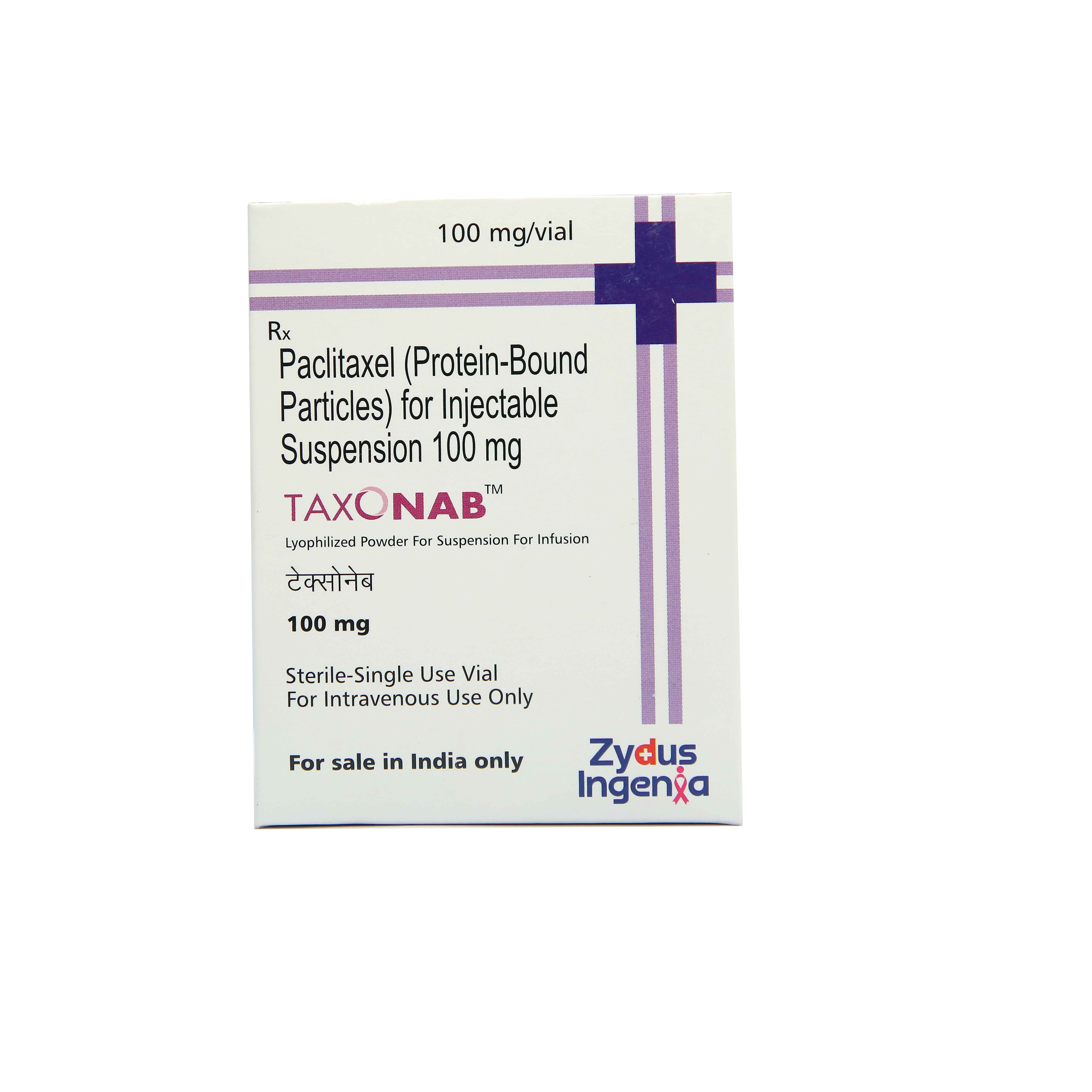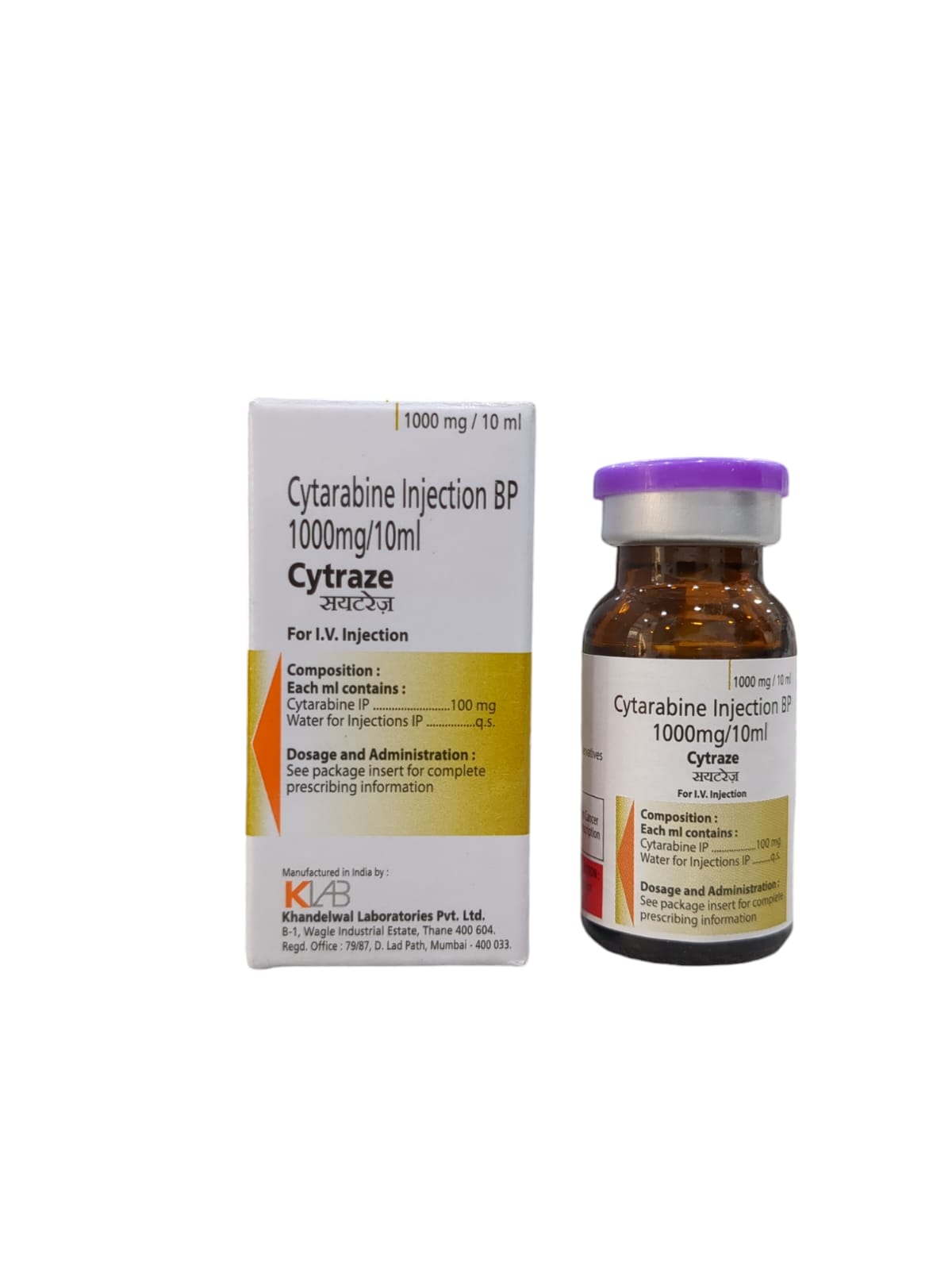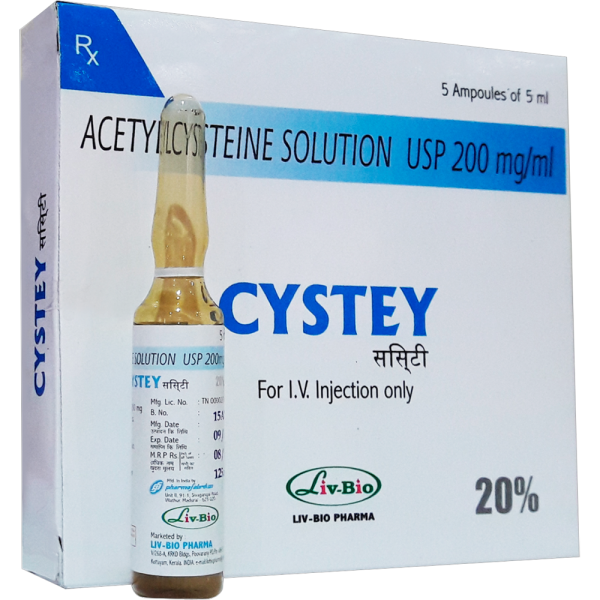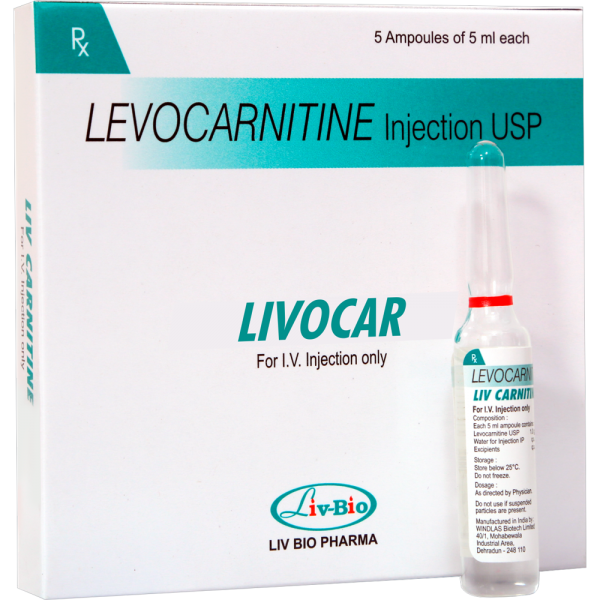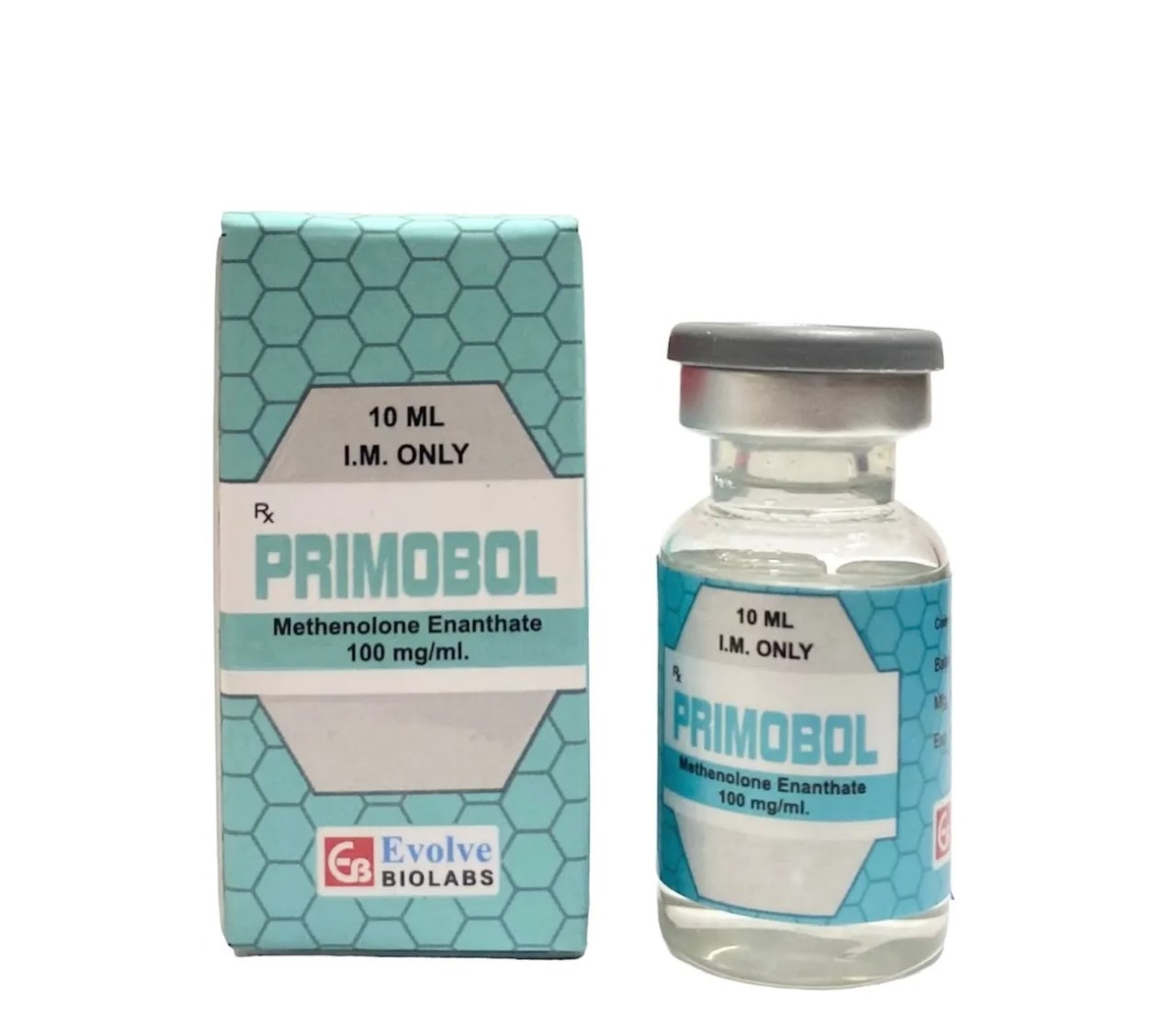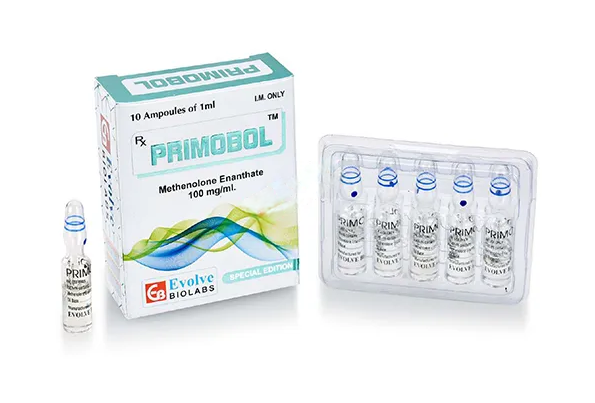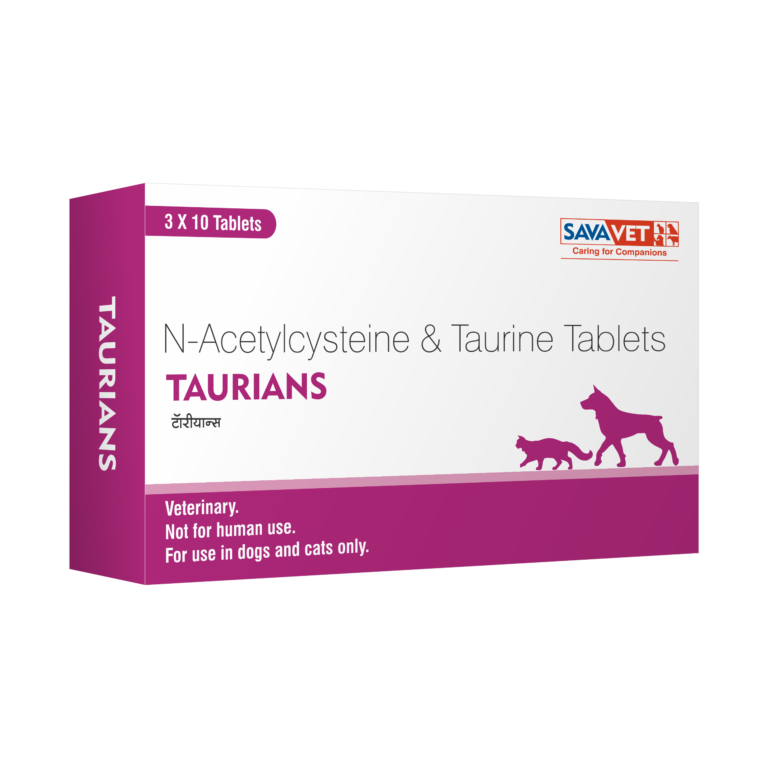Introduction to Tafero 25mg Tablet Tafero 25mg Tablet is an antiviral medication containing the active constituent Tenofovir alafenamide. It is used to treat chronic hepatitis B virus (HBV) infection. Hepatitis B is an infection affecting the liver caused by the hepatitis B virus. Discuss with your doctor about the precautions needed to avoid infecting others. Tell your doctor if you have or have ever had kidney diseases, liver diseases, or HIV before taking Tafero 25mg Tablet. Administration of this medicine may lead to lactic acidosis (accumulation of excessive acid) and hepatomegaly (enlarged liver). It is not recommended for patients weighing less than 35 kg. This medicine contains lactose. Contact your doctor if you are intolerant to sugars before taking medicine. Tell your doctor if you are breastfeeding or pregnant before taking Tafero 25mg Tablet. Do not stop taking this medicine without your doctor’s advice, as it may worsen the condition. The safety and efficacy of this medication in pediatric patients may differ from those in adults. Dosage adjustments and careful monitoring may be necessary for children and the elderly. Uses of Tafero 25mg Tablet Tafero 25mg Tablet is used in the treatment of: Hepatitis B virus (HBV) infection Therapeutic Effects of Tafero 25mg Tablet Its therapeutic effect of Tafero 25mg Tablet involves reducing viral replication, lowering a viral load, preserving the immune system, and delaying disease progression in individuals with HIV-1 or HBV. Interaction of Tafero 25mg Tablet with other drugs Inform your healthcare provider about all your medicines, including prescription, over-the-counter, nutritional or vitamin supplements, and herbal products. Certain medications may interact with Tafero 25mg Tablet, reducing effectiveness by causing undesirable side effects. More Information about Tafero 25mg Tablet Store at temprature between 20°C to 25°C (68°F to 77°F). Keep away from moisture, heat, and light. It should not be frozen. Keep it in its original packaging. Keep away from children and pets. How to consume Tafero 25mg Tablet To consume Tafero 25mg Tablet properly, follow your healthcare provider's instructions regarding dosage, frequency, and duration. Take it with or without food, swallowing the tablets or capsules with water. Adhere to the prescribed dosing schedule; do not alter the dosage without consulting your healthcare provider. Safety Advices for Tafero 25mg Tablet Image Not Available Pregnancy If you are pregnant or planning to become pregnant, it is crucial to consult with your healthcare provider before taking Tafero 25mg Tablet. Image Not Available Breast Feeding Tafero 25mg Tablet is excreted into human breast milk, but the potential risks to the infant are not well established. So it is better to consult a doctor before taking it. Image Not Available Lungs If you have a history of lung disease or are experiencing respiratory symptoms while taking, it is important to consult your healthcare provider for a thorough evaluation before taking Tafero 25mg Tablet. Image Not Available Liver The safety of Tafero 25mg Tablet in individuals with liver disease may depend on the specific type and severity of liver disease and other factors. It is important to consult with a healthcare provider Image Not Available Alcohol It is generally recommended to avoid excessive alcohol consumption while taking Tafero 25mg Tablet or any medication. Alcohol can interact with this medication and affect liver function. Image Not Available Driving People may experience side effects such as dizziness, drowsiness, or fatigue while taking Tafero 25mg Tablet. Suppose you experience any of these side effects or any other symptoms that may interfere with your ability to drive safely. In that case, avoid driving or operating heavy machinery. Side Effects of Tafero 25mg Tablet Tafero 25mg Tablet causes some side effects like all medications, although not everyone will experience them. Serious: Too much lactic acid in the blood (unusual weakness, muscle pain, cold hands and feet) Severe liver problems (yellow skin and eyes, tea-colored urine, light-colored stools, loss of appetite) Severe kidney problems Common: Nausea, vomiting Diarrhea Stomach pain, joint pain Rash, itching Feeling tired Headache, dizziness
Send Message